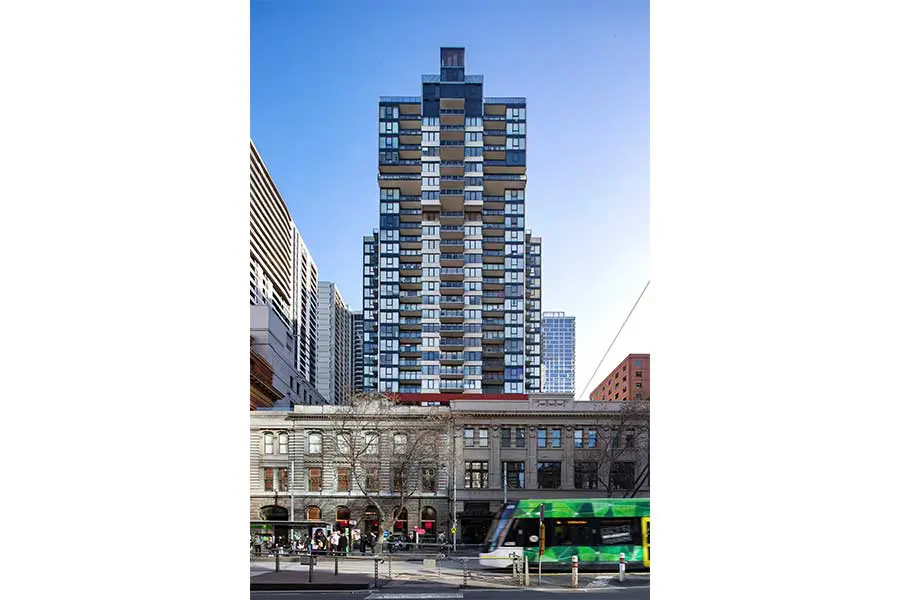Whether the Australian Real Estate Market is in a recession or a correction is a difficult question to answer emphatically, but firstly, the difference between the 2 terms is significant.
A Recession is defined as:
A recession is a significant decline in economic activity that goes on for more than a few months. It is visible in industrial production, employment, real income and wholesale-retail trade. The technical indicator of a recession is two consecutive quarters of negative economic growth as measured by a country’s gross domestic product (GDP), although the National Bureau of Economic Research (NBER) does not necessarily need to see this occur to call a recession.
www.investopedia.com
Investopedia also defines a Correction as:
A correction is generally defined as a ten percent or greater decline in the price of a security from its most recent peak. Corrections can occur in individual stocks, indexes, commodities, currencies or any asset that is traded on an exchange. An asset, index, or market may fall into a correction either briefly or for sustained periods of time, including days, weeks, months, or even longer.
According to these definitions, the housing market is not, in and of itself, in a recession. A recession is a broader economic term.
The Australian Real Estate Market in recent months and years
Certainly, the somewhat volatile housing market prices in recent months and years, might indicate a correction – or series of corrections and recoveries. It is, however, quite varied across different cities and states.
The Australian Financial Review outlines the CoreLogic Data in some detail, [https://www.afr.com/news/world/the-financial-times-view-of-australias-property-downturn-20180905-h14zug] describing it as a downturn rather than a correction. “In most downturns it’s the most expensive stock where you see the largest falls.”
The September 2018 article goes on to outline that while some parts of Melbourne experienced a 6.1% fall, other suburbs showed a 3.1% gain. Sydney’s downturn began much earlier than Melbourne’s, with inner-southern and city suburbs currently showing a 13% decline and some districts dropping by as much as 16.2%.
Other capital cities, Hobart, Brisbane, Darwin, Adelaide, Canberra and Perth, also experienced declines to varying degrees, but also some months of recovery. The overall annual housing price changes across Australia’s capital cities varies greatly, from a 5.6% downturn in Sydney to a 10.7% improvement in Hobart.
Property Developers need to remain aware of the pricing alterations to best determine their ongoing strategies according to their specific circumstances and desired outcomes. The other major consideration should be which end of the market the developments are placed.
“The lower end of market has been holding up higher than the higher-valued segment,” Mr Kusher told The Australian Financial Review.
Given the lead time and construction time for any project, due diligence is a vital ingredient. Research into trends, as well as government incentive packages should be considered before proceeding with any venture.
Regarding whether Australia will experience a financial crisis in the near future, there are some analysts such as AFR’s 2016 Australian Economist of the Year, Paul Dales from Capital Economics, stating that there is a credible risk of an economic scenario no one wants to see – an Australian financial crisis. The falling property market is key to this forecast, however he did put the likelihood of an Australian recession in the next five years at 20 percent.
Other analysts state simply that a 20% likelihood of a probably recession is the default answer and that the naysayers over the past 25+ years have been wrong. Commonwealth Bank chief economist Michael Blythe concedes that good times come to an end eventually, but need a trigger for this to occur.
“The usual triggers here are high interest rates and/or rising unemployment — well we’ve just heard the governor of the Reserve Bank again stress that rate rises are a long way off.”
He went on to further explain that Australian banks have been tightening lending standards for at least three years, so further tightening will simply be a continuation of current trends.
What about the Australian Real Estate Market in the foreseeable future?
Michael Yardney, Australian Property Analyst, states in his Dec 2018 forecast to 2021: “our housing markets won’t crash, being underpinned by record low interest rates, a “relatively stable, albeit subdued, economic environment” and strong population growth.” In the same article, Trent Wiltshire, economist at Domain, suggests that the latter part of 2019 will be a year of greater stability that we have seen recently.
Historically, holding property has been a primary key to long-term wealth creation. The length of time property needs to be held, however, can vary greatly over the years. There are never any guarantees with property price trends, so consult with your trusted advisors to ensure you are moving forward with the appropriate considerations and decisions for your personal circumstances.
Further Reading
https://propertyupdate.com.au/property-predictions-for-2021-revealed/





